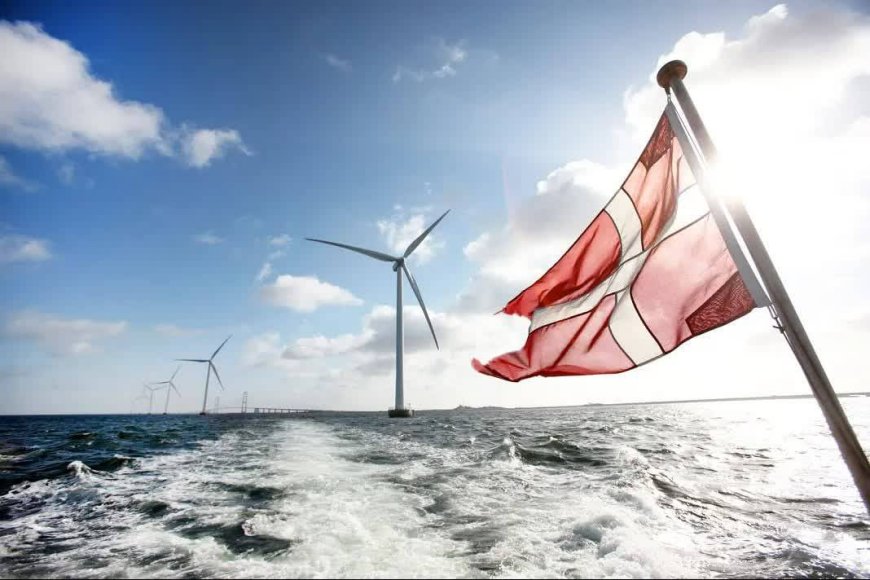Towards a Green Future: Denmark's Quest to Becoming an Environmentally Friendly Society
Towards a Green Future: Denmark's Quest to Becoming an Environmentally Friendly Society

Climate change has emerged as one of the most pressing global concerns, with Denmark recognizing it as its top priority. This article provides a detailed analysis of the impacts of climate change in Denmark, outlines the country's climate policy objectives, and explores its ambitions in climate diplomacy.
Climate Change Impacts in Denmark:
Denmark faces significant risks due to climate change, including increased flooding from sea-level rise and intensified storms. Since 1873, Denmark has experienced a temperature increase of 1.5°C and a 15% rise in precipitation. Projections suggest that Denmark is highly vulnerable to climate change, with a potential sea-level rise of over 2 meters, necessitating the relocation of coastal communities. Additionally, climate change poses investment risks, which could result in substantial economic losses.
Denmark's Climate Policy Objectives:
Denmark has set ambitious goals to combat climate change. By 2030, the country aims to reduce greenhouse gas emissions by 70% compared to 1990 levels. These objectives are driven by both international climate commitments and national energy sector goals. The Danish Climate Act serves as the regulatory framework for climate policies, subject to regular updates. Denmark's climate policies are shaped by specific national ambitions and its obligations under international agreements on renewable energy within the European Union (EU) and the United Nations (UN). Denmark strives to become a green and environmentally friendly society by 2050, aligning its strategies with the UN Sustainable Development Document and the Paris Agreement.
Key Elements of Denmark's Climate Policy:
Denmark's comprehensive climate policy document centers around two key principles. Firstly, it aims to limit the increase in global air temperature to 1.5 degrees Celsius, in accordance with the Paris Agreement. Secondly, Denmark is committed to providing financial support to less fortunate countries in achieving this goal. Another crucial objective is to achieve net-zero greenhouse gas emissions globally by 2050. To facilitate the transition to renewable energy sources, Denmark focuses on directing financial flows and investments towards sustainable energy projects. Collaborations with private companies and start-ups in the green and renewable energy sectors are integral to Denmark's climate policy.
Public Support and Climate Decision-Making:
Denmark benefits from strong public support, with climate change being the primary concern for a majority of its citizens. Leveraging this support, the government can make challenging decisions, such as implementing higher taxes on polluting products or prioritizing land and rail travel over air travel. These measures are aligned with Denmark's long-term goals and enjoy widespread public backing.
Denmark's Climate Diplomacy:
Denmark aspires to play a leading role in climate diplomacy at the global level. Climate diplomacy offers an opportunity for Denmark to promote its desired values and models worldwide, enhancing its economic and cultural influence. Through diplomatic efforts, Denmark seeks to foster dialogue and resolve challenges and tensions between nations. The success and effectiveness of this approach rely on Denmark's collaborations and interactions with partner countries.
Conclusion:
Denmark's comprehensive approach to climate change encompasses mitigation, adaptation, and climate diplomacy. By prioritizing climate change as its foremost concern, Denmark aims to safeguard the well-being of its citizens while positioning itself as a key player in the international system. The country's robust climate policy, backed by public support, reflects its commitment to addressing the climate crisis and driving global change.













































